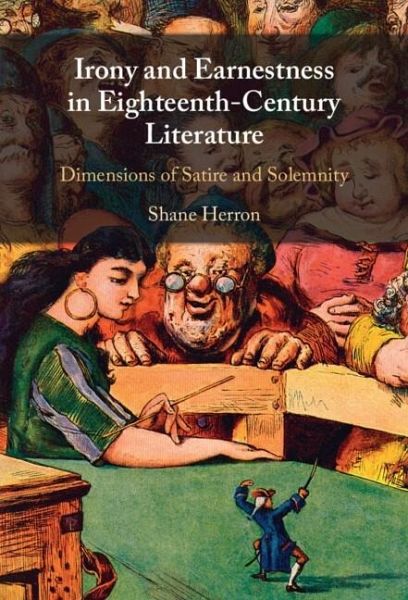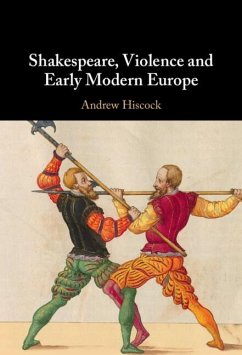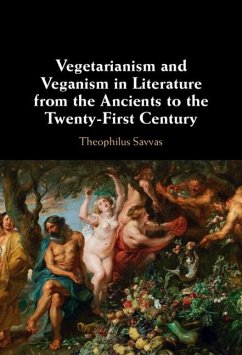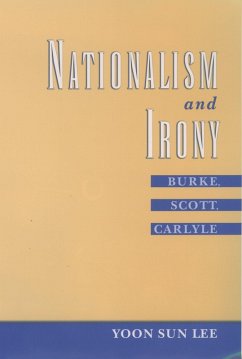
Irony and Earnestness in Eighteenth-Century Literature (eBook, ePUB)
Dimensions of Satire and Solemnity
Versandkostenfrei!
Sofort per Download lieferbar
55,95 €
inkl. MwSt.
Weitere Ausgaben:

PAYBACK Punkte
28 °P sammeln!
The conventional literary history of the eighteenth century holds that upstart novelists and other intensely serious writers worked against the conservative and ironic sensibility of an earlier generation of satirists. However, many of these ostensibly earnest writers were exceptional satirists in their own right, employing the same ruses, tricks, and deceptions throughout their work. The novels of such canonical figures as Behn and Defoe, for example, passed themselves off as real documents, just as an earlier generation of hack writers combined the serious and the absurd. Re-examining this n...
The conventional literary history of the eighteenth century holds that upstart novelists and other intensely serious writers worked against the conservative and ironic sensibility of an earlier generation of satirists. However, many of these ostensibly earnest writers were exceptional satirists in their own right, employing the same ruses, tricks, and deceptions throughout their work. The novels of such canonical figures as Behn and Defoe, for example, passed themselves off as real documents, just as an earlier generation of hack writers combined the serious and the absurd. Re-examining this nexus between the ludicrous and the solemn, Shane Herron argues that intense earnestness was itself a central component of the ironic sensibility of the great age of literary satire and of Swift's work in particular. The sensationalism and confessionalism of earnestness were frequently employed tendentiously, while ironic and satirical literature often incorporated genuine moments of earnestness to advance writerly aims.
Dieser Download kann aus rechtlichen Gründen nur mit Rechnungsadresse in A, B, BG, CY, CZ, D, DK, EW, E, FIN, F, GR, HR, H, IRL, I, LT, L, LR, M, NL, PL, P, R, S, SLO, SK ausgeliefert werden.













